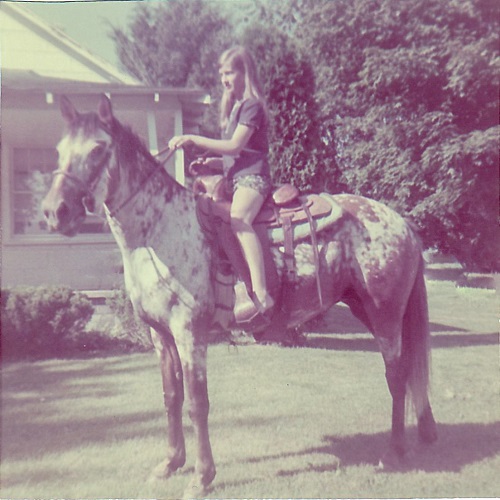Hightail It
 In our neck of the woods, we see chipmunks, squirrels, deer, and other critters hightail it across our yards.
In our neck of the woods, we see chipmunks, squirrels, deer, and other critters hightail it across our yards.
Whether they chase food, one another, or something else, we love to watch them.
To hightail it means to go quickly.
The meaning comes from certain animals raising their tails when running. This may happen when they rush forward or run away. In both instances, they leave in a hurry.
People, as well as animals, hightail it.
We sometimes rush toward a goal. Other times, we flee from someone or something.
- We hurry when late for a meeting.
- Students rush from class when the bell rings.
- We head for safety if dangerous weather approaches.
In old western movies, cowboys jump on their horses and hightail it out of there. They leave immediately and ride as fast as they can.
Sometimes God tells us to run. Other times, God tells us to stand firm.
When tempted to do wrong, we want to run from it. However, when tempted to back down from truth, God calls us to remain strong and courageous.
“Flee the evil desires of youth and pursue righteousness, faith, love and peace, along with those who call on the Lord out of a pure heart” (2 Timothy 2:22 NIV).
Thanks to Marita Smeathers Mantooth for the suggestion.
Do you have an expression you want explained or a thought about this one? If so, please comment below.
Subscribe to receive my weekly posts by email and receive a free copy of “Words of Hope for Days that Hurt.”
If you enjoyed this post, please share it with your friends.








